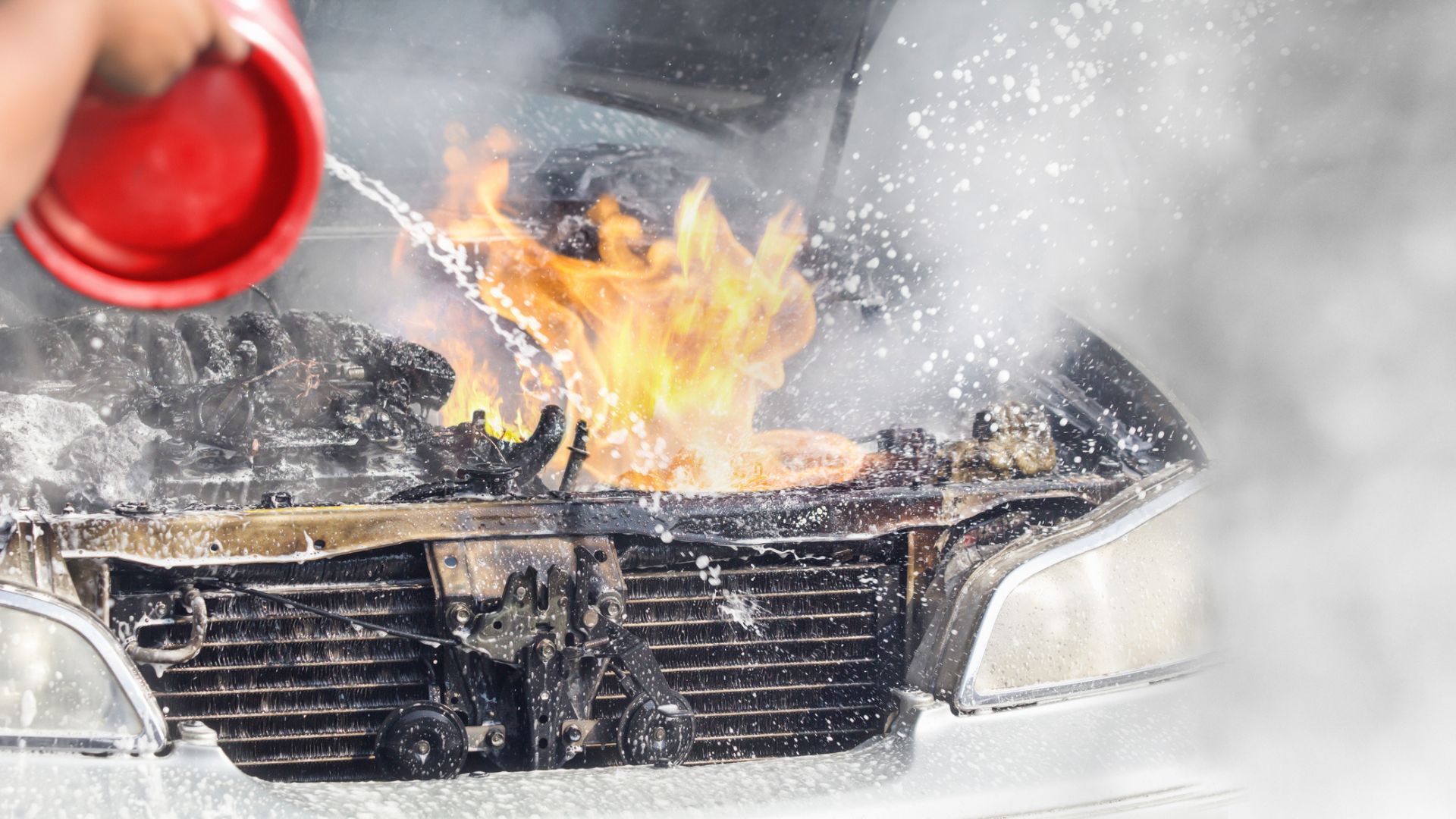Lithium-ion batteries are now part of almost every devices. However, they not only power our gadgets but also posses risk of causing a fire.
In Australia, waste management trucks witness more than 10,000 fires a year caused by lithium-ion batteries.
The waste and recycling industry has warned that consumers could face severe consequences from this crisis.
Safe drop-off points for batteries
An urgent call for more safe drop-off points for batteries has been issued by the waste and recycling sector. The action is said to be necessary as the batteries can’t be merged with general waste.
Australia generates over 3,300 tons of waste each year, and the alarming figure has triggered the country’s ministers to take action.
Gayle Sloan, Waste Management and Resource Recovery Association chief executive, fears that such issues could lead to a major tragedy in the near future.
“If we don’t act on this, we’re going to continue to see facilities and trucks burn, we’re going to end up potentially with genuine injuries or significant injuries on our workers, and, dare I say, a death, which is what we’re trying to avoid,” said Sloan, according to ABC.
“We’re not going to find people having their materials and rubbish collected when they want it to, because the services will become unaffordable.”
Lithium-ion batteries contain material that is highly flammable
Many modern portable devices, including phones, tablets, power banks, computers, toys, appliances, tools, and mobility equipment like electric bikes and scooters, contain rechargeable lithium-ion batteries (LiBs).
Lithium-ion batteries (LiBs) are energy-dense and contain highly flammable materials. Risks and hazards associated with LiBs include fire, explosion, radiation, heat, chemical exposure, and electrical hazards.
Don’t mix these batteries with regular waste
People are always advised not to mix these batteries with their regular waste or recycling bins, as this can lead to sudden fires.
Some batteries may also contain toxic chemicals, heavy metals, and other environmental pollutants that can contaminate water supplies and ecosystems if disposed of improperly.
Australia runs a battery recycling scheme
Australia also has a battery recycling scheme called B-Cycle. However, all kinds of batteries are not accepted under this program.
Items with embedded batteries, like vapes, digital pregnancy tests, and flashing concert wristbands, are not included in the scheme.
According to fire safety agencies, thermal runaway events involving lithium-ion batteries (LiBs) can occur rapidly and violently, often involving toxic smoke, vapors, flames, and metal projectiles.
Never touch a swollen battery with bare hands
The government-run fire safety services advise never to touch a swollen or ruptured device or battery with bare hands as the heat and/or chemicals can cause severe burns.
A report from Pragmatic Research, funded by waste and recycling bodies, estimated there are between 10,000 and 12,000 battery-related fires in the sector per year.
Notably, the Australian Capital Territory reportedly lost its recycling facility to a battery-related fire in 2022.
ABOUT THE EDITOR
Prabhat Ranjan Mishra Prabhat, an alumnus of the Indian Institute of Mass Communication, is a tech and defense journalist. While he enjoys writing on modern weapons and emerging tech, he has also reported on global politics and business. He has been previously associated with well-known media houses, including the International Business Times (Singapore Edition) and ANI.

